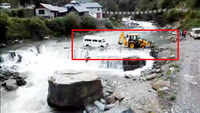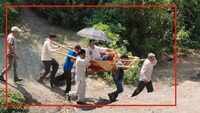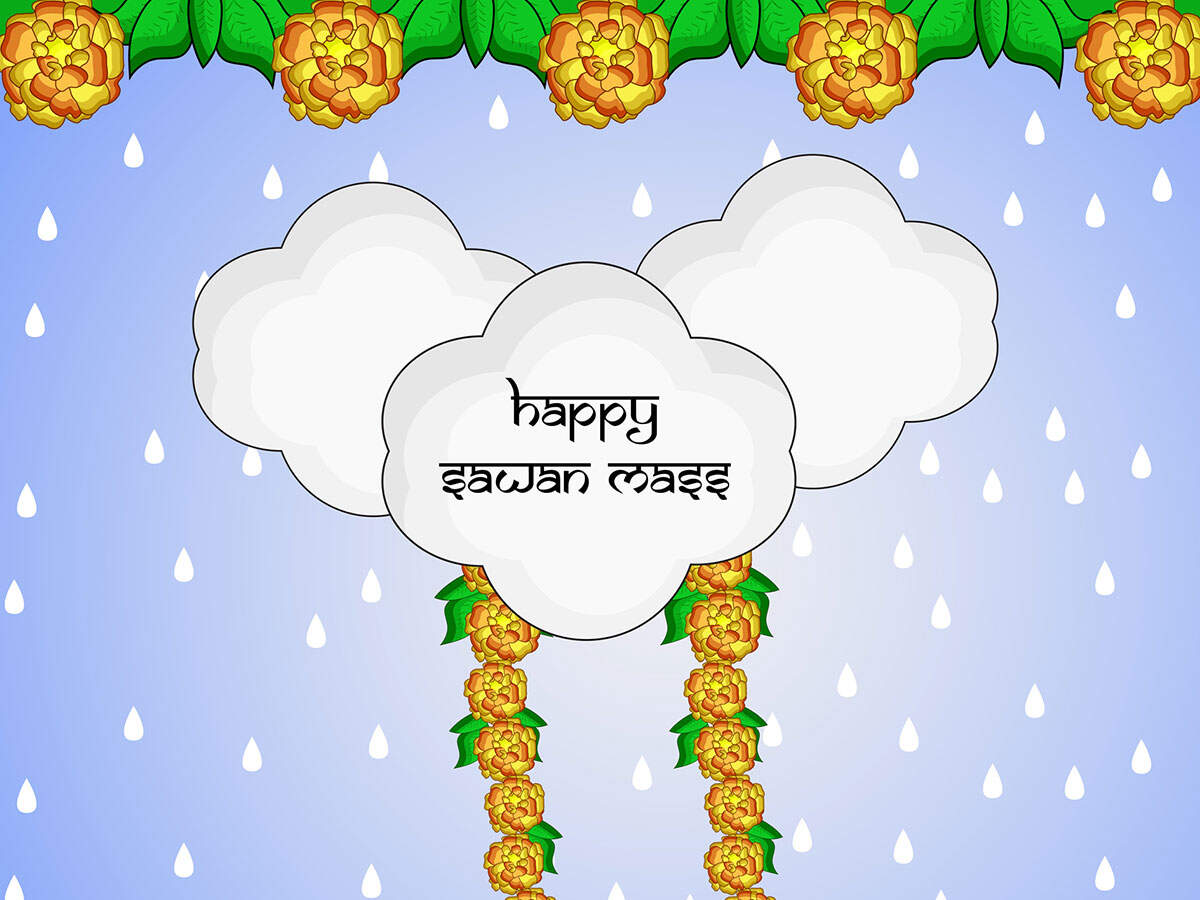
Coimbatore: At least 10 patients with diphtheria and another with symptoms that mimic the disease are undergoing treatment at the Government Coimbatore Medical College Hospital on Wednesday. The patients– four boys and seven girls – aged between eight and 16 years belong to a government school in Kadambur Hills, Thalavady near Sathyamanagalam.
The children have been administered a dose of crystalline penicillin and anti-diphtheria serum. “Ten patients have tested positive for diphtheria. We are waiting for the test results of another patient. They are all in stable condition but are being monitored intensively,” said B Asokan, dean of CMCH. Doctors say in advanced stages, diphtheria can damage the heart, kidneys and nervous system. Sometimes, even with treatment, diphtheria can be deadly.
Although it is rare in most countries, some Indian states such as Kerala have seen a resurgence since 2016. TN reports about 20 diphtheria cases and two deaths every year, according to statistics at the directorate of public health.
On Wednesday, 21 medical teams, comprising up to six members each, were deputed to intensively screen children below 15 years in schools, primary health centres and health sub centres in Erode. If children complained of fever, sore throat and hoarseness with swollen glands on the neck they were tested for the bacterial infection. Health officials say, the medical teams have given tetanus-diphtheria(TD) vaccines to more than 20,000 school students aged between 2 and 17 years.
The bacterial infection usually affects the mucous membranes of the nose and throat and cause sore throat, fever, swollen glands and weakness. “The textbook symptom of the disease is a sheet of thick, gray material covering the back of the throat, which can block airway, making it difficult to breath,” said director of public health Dr K Kolandaisamy.
The outbreak, health officials say, could be either because of waning effect of the vaccine. The pentavalent vaccine, which also covers, diphtheria is given at the 1.5, 2.5 and 3.5 months as per the immunization schedule. In the 16-24 months, the child receives D-P-T vaccine. This covers diphtheria, tetanus and whooping cough, and a booster dose is given when the child is in Class 1. “Some students skip booster doses. In many others it wanes away by the time they are in Class 5. So, we have to give them booster doses of TD vaccines at Class 5 and 10 as well,” said said Deputy director of health services Dr S Soundammal. “Once we complete mass vaccination, we will focus on children who were either missed during the drive or reluctant to take the vaccine,” the official said.
The teams are also screening the district especially Sathyamangalam block to study reason for the outbreak. “We are working on to understand how the bacteria had entered into the region. It might because people from the region had visited the affected part of the neighbouring state or someone from the affected part had entered into the region,” she explained. Infected people who remain unaware of their illness are known as carriers of diphtheria, because they can spread the infection without being sick themselves.
Infectious disease expert Dr Varun Sundaramoorthy warns that the only way to prevent the diphtheria infectious is immunization. Sometimes, adults are also acting as carriers of the disease and so they too need the vaccine, he said.
The children have been administered a dose of crystalline penicillin and anti-diphtheria serum. “Ten patients have tested positive for diphtheria. We are waiting for the test results of another patient. They are all in stable condition but are being monitored intensively,” said B Asokan, dean of CMCH. Doctors say in advanced stages, diphtheria can damage the heart, kidneys and nervous system. Sometimes, even with treatment, diphtheria can be deadly.
Although it is rare in most countries, some Indian states such as Kerala have seen a resurgence since 2016. TN reports about 20 diphtheria cases and two deaths every year, according to statistics at the directorate of public health.
On Wednesday, 21 medical teams, comprising up to six members each, were deputed to intensively screen children below 15 years in schools, primary health centres and health sub centres in Erode. If children complained of fever, sore throat and hoarseness with swollen glands on the neck they were tested for the bacterial infection. Health officials say, the medical teams have given tetanus-diphtheria(TD) vaccines to more than 20,000 school students aged between 2 and 17 years.
The bacterial infection usually affects the mucous membranes of the nose and throat and cause sore throat, fever, swollen glands and weakness. “The textbook symptom of the disease is a sheet of thick, gray material covering the back of the throat, which can block airway, making it difficult to breath,” said director of public health Dr K Kolandaisamy.
The outbreak, health officials say, could be either because of waning effect of the vaccine. The pentavalent vaccine, which also covers, diphtheria is given at the 1.5, 2.5 and 3.5 months as per the immunization schedule. In the 16-24 months, the child receives D-P-T vaccine. This covers diphtheria, tetanus and whooping cough, and a booster dose is given when the child is in Class 1. “Some students skip booster doses. In many others it wanes away by the time they are in Class 5. So, we have to give them booster doses of TD vaccines at Class 5 and 10 as well,” said said Deputy director of health services Dr S Soundammal. “Once we complete mass vaccination, we will focus on children who were either missed during the drive or reluctant to take the vaccine,” the official said.
The teams are also screening the district especially Sathyamangalam block to study reason for the outbreak. “We are working on to understand how the bacteria had entered into the region. It might because people from the region had visited the affected part of the neighbouring state or someone from the affected part had entered into the region,” she explained. Infected people who remain unaware of their illness are known as carriers of diphtheria, because they can spread the infection without being sick themselves.
Infectious disease expert Dr Varun Sundaramoorthy warns that the only way to prevent the diphtheria infectious is immunization. Sometimes, adults are also acting as carriers of the disease and so they too need the vaccine, he said.
World Cup 2019
Trending Topics
LATEST VIDEOS
More from TOI
Navbharat Times
Featured Today in Travel
Quick Links
Lok Sabha Election Schedule 2019Lok Sabha Election NewsDelhi Capitals teamMI team 2019Rajasthan Royals 2019RCB team 2019Maharashtra Lok Sabha ConstituenciesBJP Candidate ListBJP List 2019 TamilnaduShiv Sena List 2019AP BJP List 2019Mamata BanerjeeBJP List 2019 MaharashtraPriyanka GandhiBJP List 2019 KarnatakaAMMK Candidate List 2019BJP List 2019 WBLok Sabha Elections in Tamil NaduBSP List 2019 UPNews in TamilLok Sabha Poll 2019Satta Matka 2018PM ModiMahagathbandhanNagpur BJP Candidate ListChandrababu NaiduTamil Nadu ElectionsUrmila MatondkarNews in TeluguMadras High CourtTejashwi YadavArvind KejriwalTejasvi SuryaPawan KalyanArvind KejriwalYogi AdityanathJaya PradaSatta King 2019Srinagar encounter
Get the app







